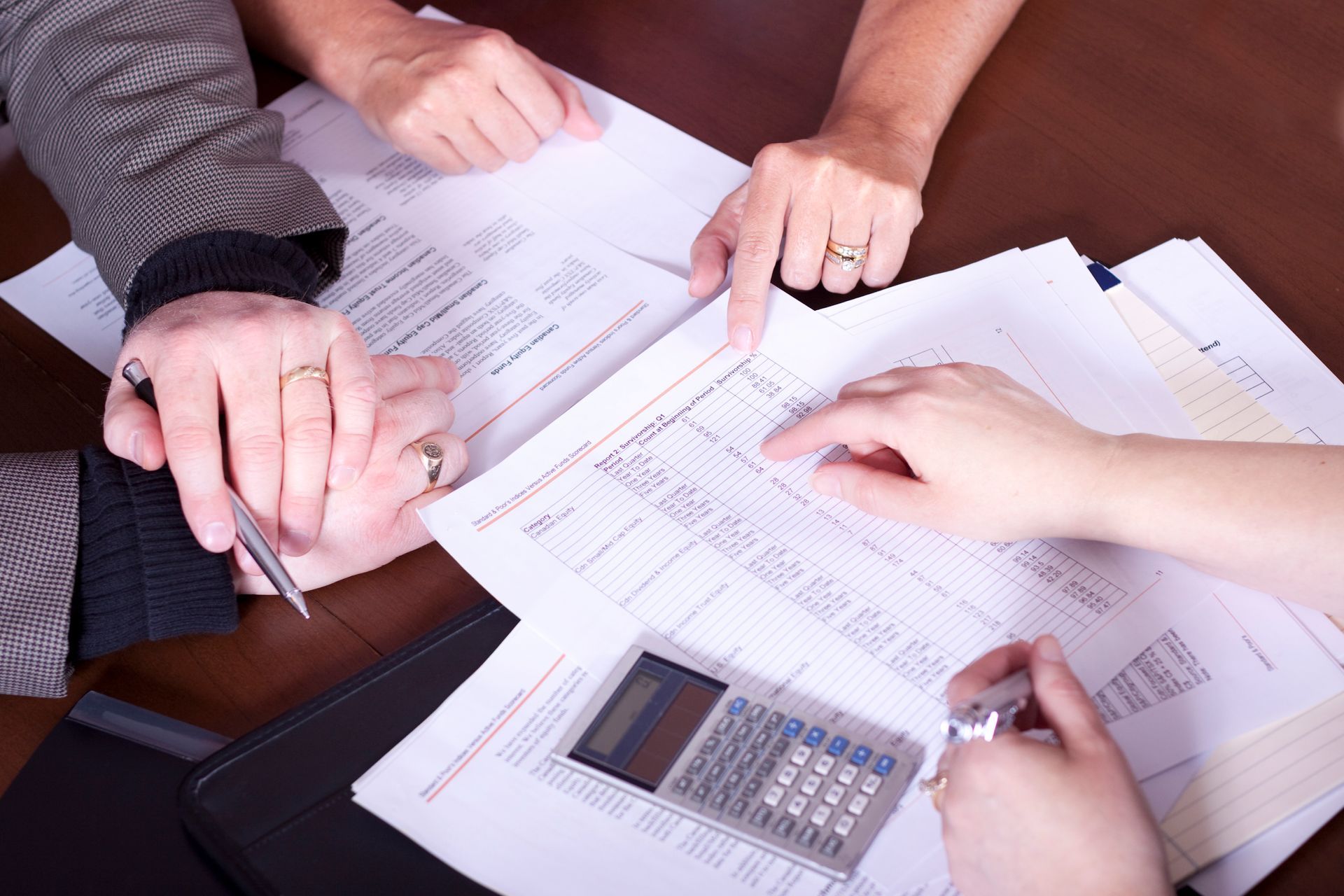May 5, 2025
Foreclosure can be a stressful process resulting in financial devastation. The extent of the damage to your credit can depend on a number of factors. Regardless of how far your credit score drops after foreclosure, rebuilding your credit from the first day after foreclosure is possible. If you're looking for help with NJ credit repair after foreclosure, Veitengruber Law can help. As an experienced NJ foreclosure defense and credit repair attorney, we have worked with hundreds of clients to reduce the damage throughout the foreclosure process and help them rebuild their credit scores afterward. Working with an experienced credit repair professional can help you rebuild your credit quickly and efficiently, eliminating stress and giving you a clear plan for your future. Here, we will explore what foreclosure does to your credit score and simple, proven ways you can improve your credit after foreclosure. What will foreclosure do to my credit score? A foreclosure entry remains on your credit report for seven years from the date of the first missed payment that led your mortgage to enter default. At the end of these seven years, the entry is deleted from your credit report. Depending on your credit score before foreclosure, you can expect your score to drop between 100 and 160 points, on average. The higher your score before your foreclosure, the more you can expect it to fall after. Your score will be impacted as long as you have a foreclosure entry on your credit report. This impact will be most pronounced in the first few years and then slowly decrease until the end of the seven years. Lenders consider foreclosure a major red flag when considering your application for more credit or a loan. Many lenders will refuse to work with you in the first few years after your foreclosure. However, as time goes on and your credit improves, more lenders will be willing to work with you, even with a foreclosure entry on your report. Ultimately, you can begin improving your credit score on day one after a foreclosure entry is added to your credit report. The more proactive you are in the immediate aftermath of foreclosure, the sooner you will be able to improve your score and seek new financial opportunities. How can I limit damage to my credit score? There are some things you can do to limit the damage to your credit score while you are going through the foreclosure process. If you know you cannot save your home, focus your financial energy on paying your other bills on time and in full. Keep your credit utilization low, aiming to keep your utilization below 30% at least, but ideally 10% if you are facing foreclosure. You could also work with an attorney to look into alternatives to foreclosure, like a loan modification or a short sale. While these options will have some effect on your credit, it will not be as severe as with a foreclosure entry. How do I improve my credit score after foreclosure? Rebuilding your credit score is very possible, but it takes time, patience, and discipline. Veitengruber Law works with our clients to find achievable goals and actionable solutions that do not involve a ton of financial know-how. Often, the best path forward is utilizing basic good credit habits. Here are some of our tips: 1. Keep All Accounts Current Pay your bills on time, in full, every time. Payment history is the most critical factor in determining your credit score. Every single on-time payment adds positive data to your report and improves your score. The best way to ensure you can pay all your bills on time is to develop a realistic budget and stick to it. Determine your essential expenses and ensure you can pay for those before you pay for extras like entertainment. Sign up for automatic billing so you cannot forget to make a payment. Making on-time payments throughout the seven years after a foreclosure is the best way to ensure your score will rise quickly. 2. Lower Credit Utilization Keep your credit card balance as low as possible. While using credit cards and making payments on time each month can also help you rebuild your credit, there is no benefit to carrying card balances month to month. By paying off your credit card balance every month can keep your credit utilization low, which is another major aspect of improving your credit score. Low credit utilization typically means an improved credit score. This shows lenders that you understand how to use your credit and can manage your finances. You will also save money on interest charges. 3. Consider a Secured Credit Card Using a secured credit card can be very useful for rebuilding credit. With a secured card, a user puts a security deposit down that will serve as your credit limit. Deposit amounts typically start at just $200. To start, we usually suggest that our client use this card monthly for one expense, like groceries or gas. At the end of the month, pay off the balance. Every on-time payment will boost your score a little bit. Secured cards are a great way to build or repair credit without risking getting in over your head with credit card debt. 4. Monitor Your Credit Report This is a practice everyone should do periodically, but it is especially critical in the aftermath of foreclosure when you are trying to rebuild your credit. There are many free credit report services. Your bank or current credit card lenders may already provide these services to you. You can check these reports quarterly for any errors. If you find any errors on your credit report, you can file a dispute. This will prevent any inaccurate entries from dragging your credit score down unnecessarily. 5. Be Patient and Smart You will not rebuild your credit score overnight. It will take a bunch of time, dedication, and patience. Stay consistent, stick to your budget, and avoid any impulsive financial decisions. For example, applying for a new line of credit may be tempting when you see your score improve. But you need to keep in mind that credit inquiries can impact your score, too. Stay patient and work with an experienced credit repair attorney or financial expert to make a plan. This guidance can help you improve your score as quickly as possible. Within a few years, you may be able to apply for a vehicle loan, a credit card, or even a mortgage. George Veitengruber is an experienced NJ foreclosure defense and credit repair attorney. Our firm has worked with many NJ homeowners to save their homes from foreclosure, get out from under unmanageable debt, and find solutions to repair a low credit score. Every individual will benefit from different strategies based on their unique situation. Our credit repair solutions are fully customized to meet your needs and help you achieve your goals. If you are going through foreclosure or struggling in the aftermath, reach out to us for a consultation today.











